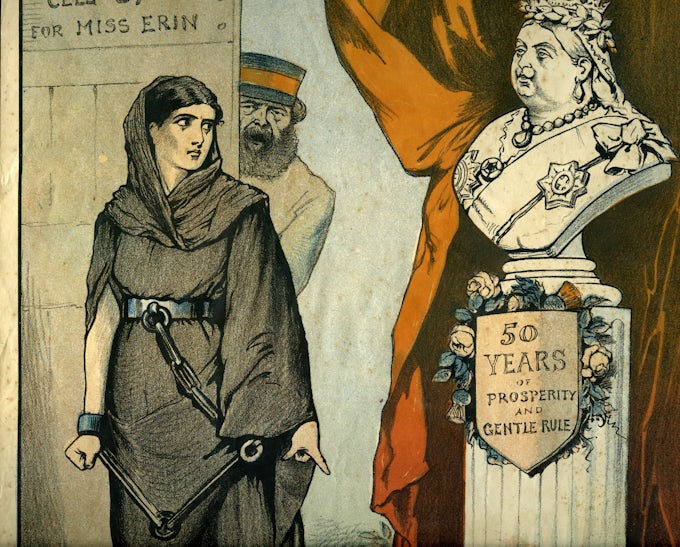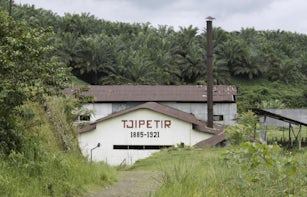Or Other, or Both

Art historian and critic Isobel Harbison examines works by Northern Irish film-maker Pat Murphy and films produced by the Derry Film and Video Workshop (DFVW), set against a backdrop of mainstream British TV programmes and films orientalising and othering Northern Irish culture. Presenting more complex and under-represented subjects and histories, films by Murphy and the DFVW not only constitute a visual culture counter to British neo-imperialist representations, but also create a space to rethink ‘the mechanism that lies at the heart of the institution of citizenship’.



